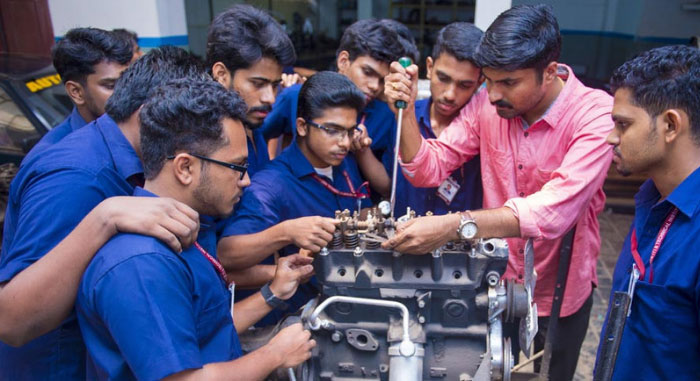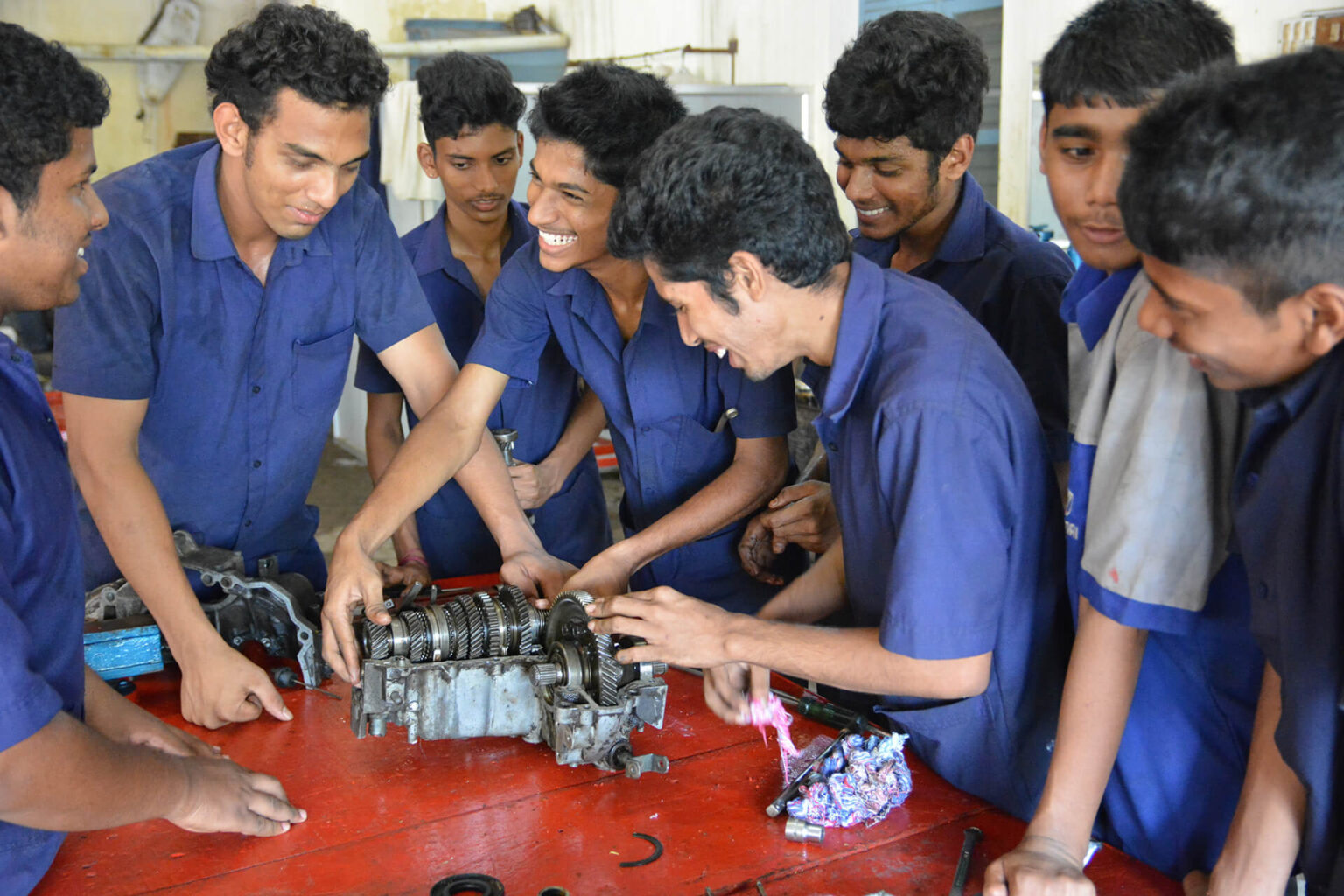India’s aspirations for superpower status are hindered by a persistently broken education system that fails to adequately prepare its youth for the challenges of the modern world. Despite rapid economic growth and technological advancements, the education sector in India continues to grapple with systemic issues ranging from poor infrastructure and inadequate funding to outdated curricula and a shortage of qualified teachers.
One of the primary challenges facing the Indian education system is access. While significant progress has been made in increasing enrollment rates, especially at the primary level, disparities persist in terms of quality education, particularly in rural and remote areas. Many schools lack basic amenities such as proper sanitation facilities, libraries, and computer labs, depriving students of essential learning resources.

Source:- BBC News
Furthermore, the curriculum in Indian schools often emphasizes rote memorization over critical thinking and practical skills development. This traditional approach to education stifles creativity and innovation, leaving students ill-equipped to compete in a globalized economy driven by technological advancements and rapid change.
Source:-India today
Another critical issue is the shortage of qualified teachers. Many schools struggle to attract and retain talented educators due to low salaries, limited career prospects, and challenging working conditions. As a result, students are often taught by underqualified or untrained teachers, compromising the quality of instruction and hindering academic outcomes.
Moreover, the education system in India fails to adequately address the diverse needs of its student population. Students with disabilities, those from marginalized communities, and girls, in particular, face significant barriers to accessing quality education and are often sidelined in the mainstream education system.
To realize its aspirations for superpower status, India must prioritize comprehensive reforms to overhaul its education system. This includes investing in infrastructure upgrades, increasing teacher training and capacity building efforts, updating curricula to align with the demands of the 21st century, and implementing inclusive policies to ensure equitable access to education for all segments of society.
By addressing these fundamental challenges, India can unleash the full potential of its youth population, foster innovation and creativity, and position itself as a global leader in the knowledge economy. However, failure to address the shortcomings of its education system threatens to undermine India’s long-term socio-economic development and aspirations for global leadership.
Share your views in the comments

